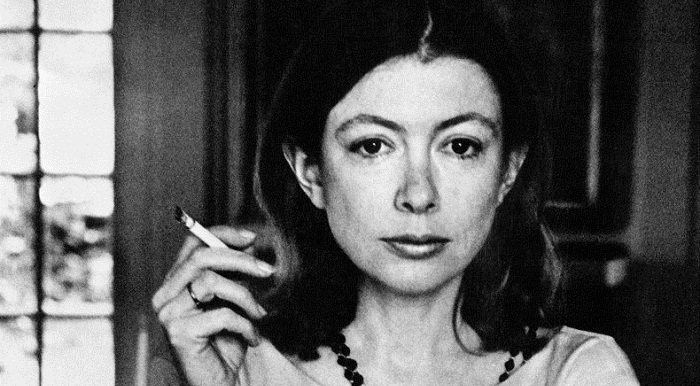
An unwieldy secret of mine is that I don’t like writing.
I never set out to be a writer and, certainly, no one set out to make me one. In middle school, I was placed in the “regular” English section. As a high schooler, I was cut from A.P. Literature, won no school awards, was told I wasn’t good enough time and time again. By all institutional measures, it was clear that I was not considered an ingénue — no young Pablo Neruda or Sylvia Plath. If I could learn to write a five-paragraph essay and master the comma, that’d be enough.
And so, for years I bore the tedium of learning an academic skill, the way many force their way through maths or chemistry. Writing was never presented to me as an outlet for creativity — it was a unit of expression.
But then, a death. Illness. Financial burden. It all happened so suddenly and I found myself overwhelmed by an inexplicable grief. The experiences were so new that I didn’t know how to conceive of them.
As many will agree, it’s difficult to cope when you fail to pinpoint what you must cope with. It was at this juncture in life that I first came in contact with the work of Joan Didion, namely her essay on “On Self-Respect.” Until then, I’d never witnessed someone articulate thought with such precision and took deep comfort in the knowledge that it was possible to control one’s narrative or, at the very least, understand it with so much clarity.

Didion’s “cool girl” image aside, there was so much to admire. Her technical competence in the form of taut prose — each sentence metered with an accuracy usually reserved for anesthesiologists or vascular surgeons. No wonder Nathan Heller in a Vogue editorial heralded her work as “Mozartian.”
In “Goodbye to All That,” Didion delineated through the vague fog which often obscures everyday discomfort. Later, Haruki Murakami in his “Norwegian Woods” would follow suit.
* * * * * *
There’s something intoxicating about writing. To name Rumpelstiltskin is to deprive him of power. Indeed, it’s the unknown which is most frightening. Quickly, I realized the potent relief which could come from naming fear or pain — enough to induce a spiritual high. And so I wrote too.
I want to tell you that this is where it ends, but we never talk about the conditions it takes to produce a Didion. For certain individuals, writing is less hobby, more coping mechanism. And we’re not alone. At T.C. Tolbert’s reading, Tolbert talked about how writing comes as impulse; it’s not so much an activity done for fun so much as it’s an, albeit difficult, form of self-care — necessary work. This is one of the reasons why I struggle so enormously in workshop settings: I can’t write to write — it happens as compulsion.
In one course, I was asked to write an essay and I did. The response was positive, but the process which served as precursor was one which demanded the self-infliction of trauma. Post-workshop I wouldn’t touch the piece again the following six going on seven months. When we talk about writing, we editorialize. We focus on F. Scott Fitzgerald, Ernest Hemingway, larger than life, grand, romantic figures every writer is taught to aspire to. Or it’s James Joyce and David Foster Wallace in their most tortured presentations. But, for some, writing is none of those things. Not love or lust — that most glamorous iteration of the craft.
It’s a difficult burden to bear. Often, I feel immense guilt. I can’t shake the feeling that, in many senses, I’m the biggest imposter of them all. I’m by no means bad at writing despite what I’d been told in my earlier years. Even worse, I’ve received some attention for my work. How dare I then dislike writing? There are people who choose to do it, enjoy it, and work just as hard as I do at it. Why am I taking space from them? Could this have been different had I come to writing not because of trauma, but because a love of it that my education had fostered?
Honestly, I’m uncertain. Sometimes, I want to give it all back — what few awards I have I’m not sure I deserve. Of course, I worked hard for them, but the newfound accolades don’t change the fact that I can’t write when asked to — it just happens. I don’t have the kind of control over my work, my productivity that I wish I had.
I know this will come as a surprise to many. If not for love, why would anyone wake up at 4 A.M. to do anything of their own volition? Who dedicates hours to obsessive revision — weighs the difference between “a” and “the?”
Well, me.
But is it fun?
No, not at all.



